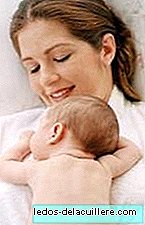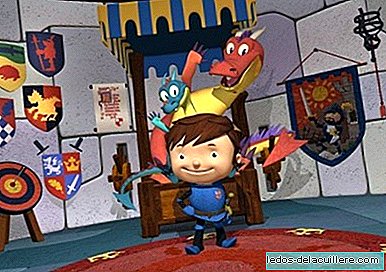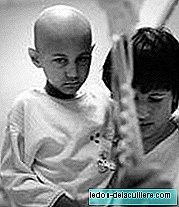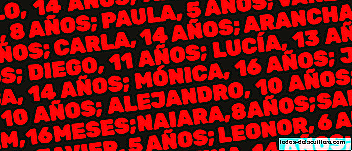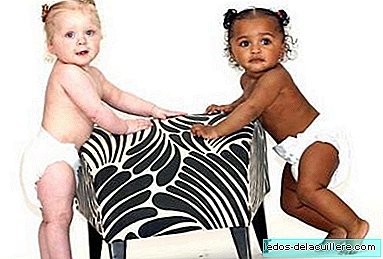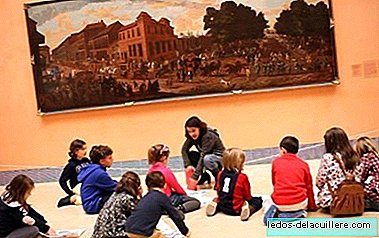
He respiratory syncytial virus (RSV), which causes mild symptoms, similar to those of a cold, in adults and older children, can be more problematic if it affects infants and young children. In fact, this virus is the main cause of respiratory diseases in children, causing pneumonia, bronchiolitis or "baby virus" and other severe respiratory problems.
The greatest risk of suffering from this virus is premature babies and those children who have other respiratory conditions. The symptoms in children are fever, obstruction and / or runny nose, cough, apathy, chest subsidence and difficulty breathing and swallowing.
RSV is highly infectious: it is easily transmitted among children or touching infected objects, so frequent hand washing and not sharing utensils for eating or drinking are simple ways to prevent the spread of RSV infection.
Specifically, the infection can occur when the infectious material comes into contact with the membranes of the eyes, mouth or nose, and probably also through the inhalation of fired particles when an infected person coughs or sneezes.
There is no vaccine for this virus, and there are several risk factor's associated with RSV: those children who at birth did not receive breastfeeding, children with associated diseases, malnutrition, passive smoker, low socioeconomic status, premature babies, childcare assistance (increased risk of infection) ...
Respiratory syncytial virus infections are typical of cold times: they usually occur in annual epidemic outbreaks that last from late autumn to early spring. The incubation period is about 4 days, and the symptoms of the disease can be suffered between 8 and 15 days.
The medical specialist must confirm The presence of this virus and although fortunately most cases of infection are mild and do not require any specific treatment, sometimes bronchodilator drugs are administered to help clear the airways.
In any case, it will always be the doctor who diagnoses the disease and who determines the specific treatment, since this can be different according to the characteristics of the baby or child (age, tolerance to certain medications, severity, evolution expectations ...).
Drinking plenty of fluids to prevent dehydration, the use of physiological serum, nasal aspirators or humidifiers to help you breathe better and the administration of anti-thermal agents prescribed by the doctor are some measures to calm the inconvenience of the little ones at home.
In the case of infants, it is possible for the specialist to decide hospital admission in order to carefully monitor his condition, administer fluids and, treat respiratory distress if necessary. Also especially dangerous are cases of premature babies, with immune deficiencies and those who suffer from lung and / or heart disease.
They are specific cases in which it is important to control this disease, since among the sequelae that the respiratory syncytial virus can cause, bronchial hyperreactivity problems or asthmatic symptoms in childhood are pointed out.


